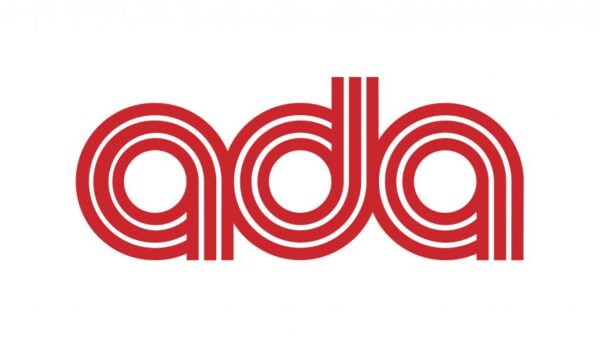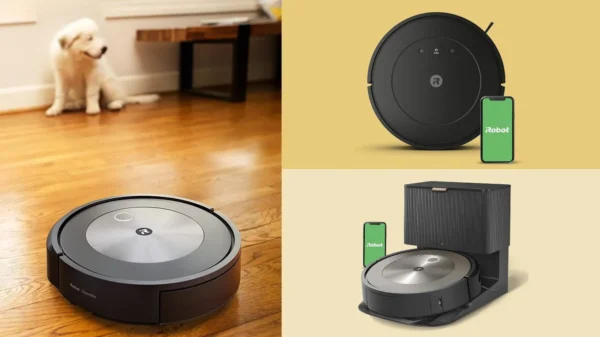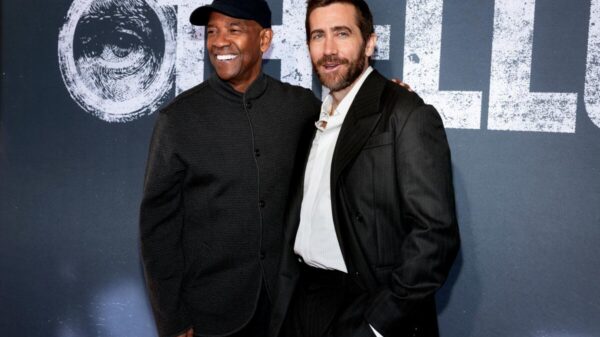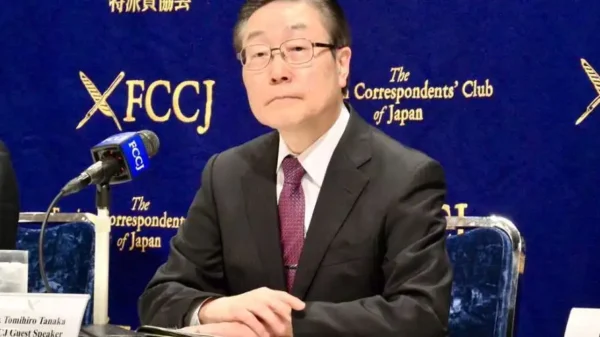In the ever-evolving world of music, the debate over authenticity has become a hot topic. With advancements in technology and the rise of digital music production, artists now have the ability to manipulate their voices and instruments in ways that were once unimaginable. One particular tool that has sparked controversy is Auto-Tune, a software that corrects pitch and creates a polished, almost robotic sound.
Auto-Tune gained popularity in the late 1990s and early 2000s, with artists like Cher and T-Pain using it to create their signature sound. However, its use has been met with criticism from those who argue that it takes away from the raw talent and emotion that is inherent in live performances. Some even go as far as to say that it is a form of cheating.
On the other side of the spectrum, there are those who argue that Auto-Tune is simply a tool that can enhance an artist’s creativity. They believe that it opens up new possibilities and allows for experimentation in music production. In this viewpoint, the focus shifts from authenticity to artistic expression.
But Auto-Tune is just one example of the larger debate surrounding music’s authenticity. Another aspect that is often discussed is the use of acoustic instruments versus digital ones. Traditionalists argue that the sound of acoustic instruments, such as guitars and pianos, has a certain warmth and depth that cannot be replicated by digital counterparts.
However, proponents of digital music production argue that it offers a level of convenience and flexibility that acoustic instruments do not. With digital instruments, artists can easily manipulate sounds, experiment with different effects, and create entirely new sounds. They argue that this ability to push boundaries and explore new sonic territories is what makes digital music exciting.
Ultimately, the question of authenticity in music comes down to personal preference. Some listeners value the rawness and imperfections of live performances, while others appreciate the polished and perfected sound that technology can offer. There is no right or wrong answer, as music is a subjective art form that can be interpreted in many different ways.
It is worth noting that the debate over authenticity is not a new phenomenon. Throughout history, music has constantly evolved and adapted to new technologies and cultural shifts. From the invention of the phonograph to the rise of synthesizers, each new development has brought its own set of challenges and controversies.
Ultimately, what matters most is the emotional connection that music creates. Whether it’s a heartfelt acoustic ballad or a heavily produced pop song, music has the power to move us and evoke emotions. It is this power that transcends any debate over authenticity and reminds us of the true essence of music.
In conclusion, the authenticity debate in music is a complex and ongoing discussion. From the use of Auto-Tune to the choice between acoustic and digital instruments, there are valid arguments on both sides. At the end of the day, what matters most is the emotional impact that music has on individuals. Whether it’s a stripped-down acoustic performance or a heavily produced electronic track, music has the power to connect us and evoke emotions, and that is what truly matters.



































